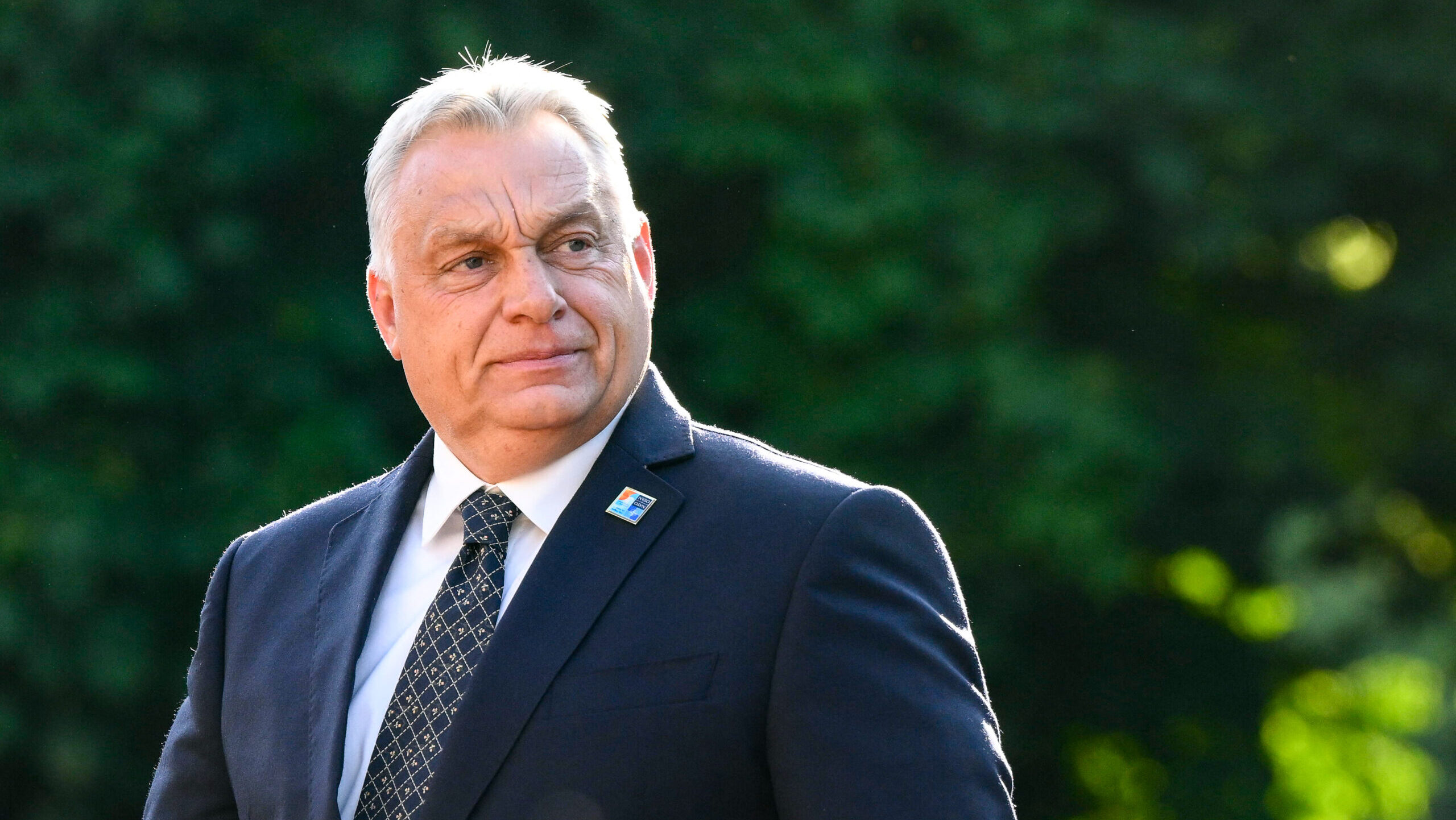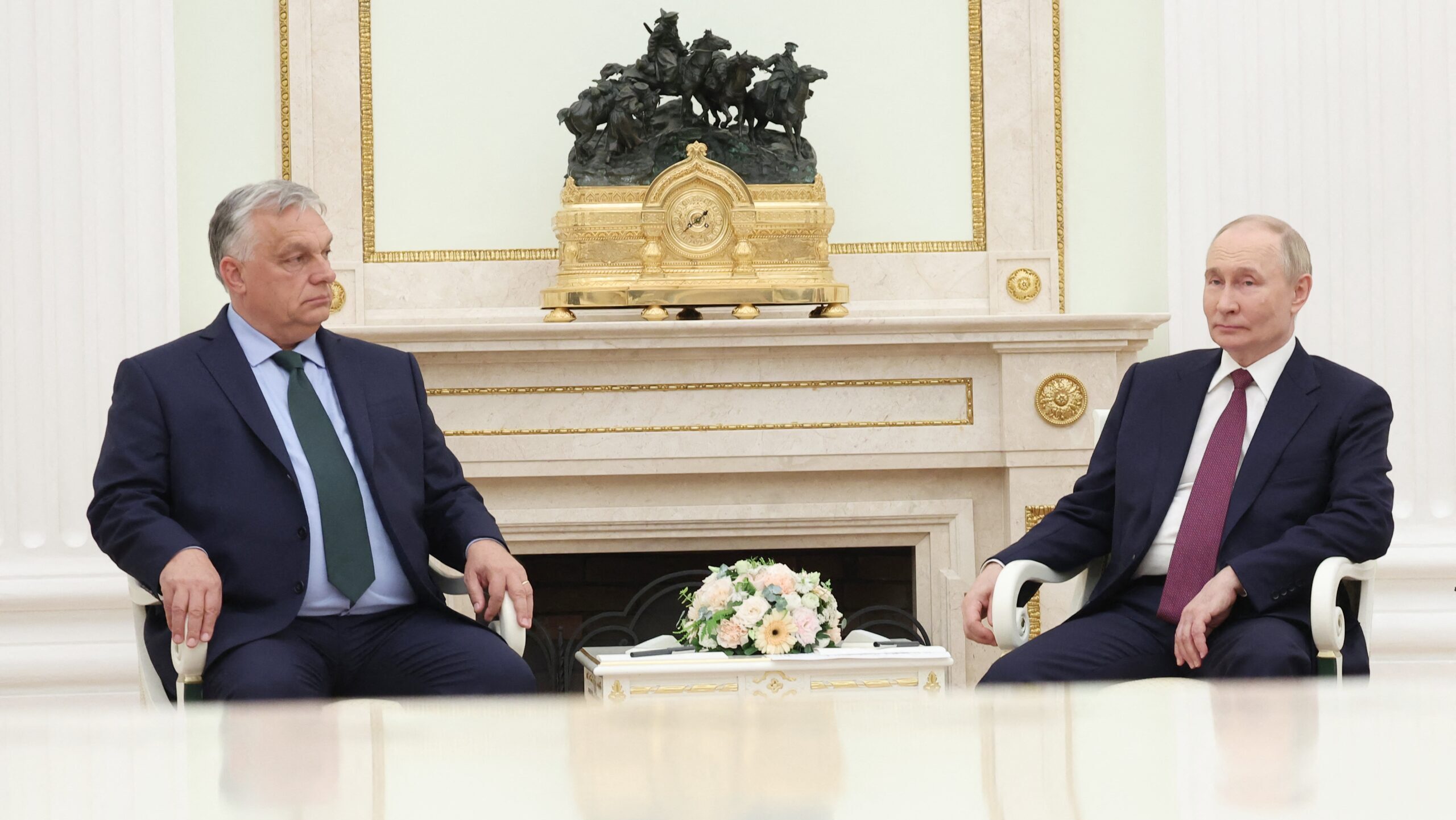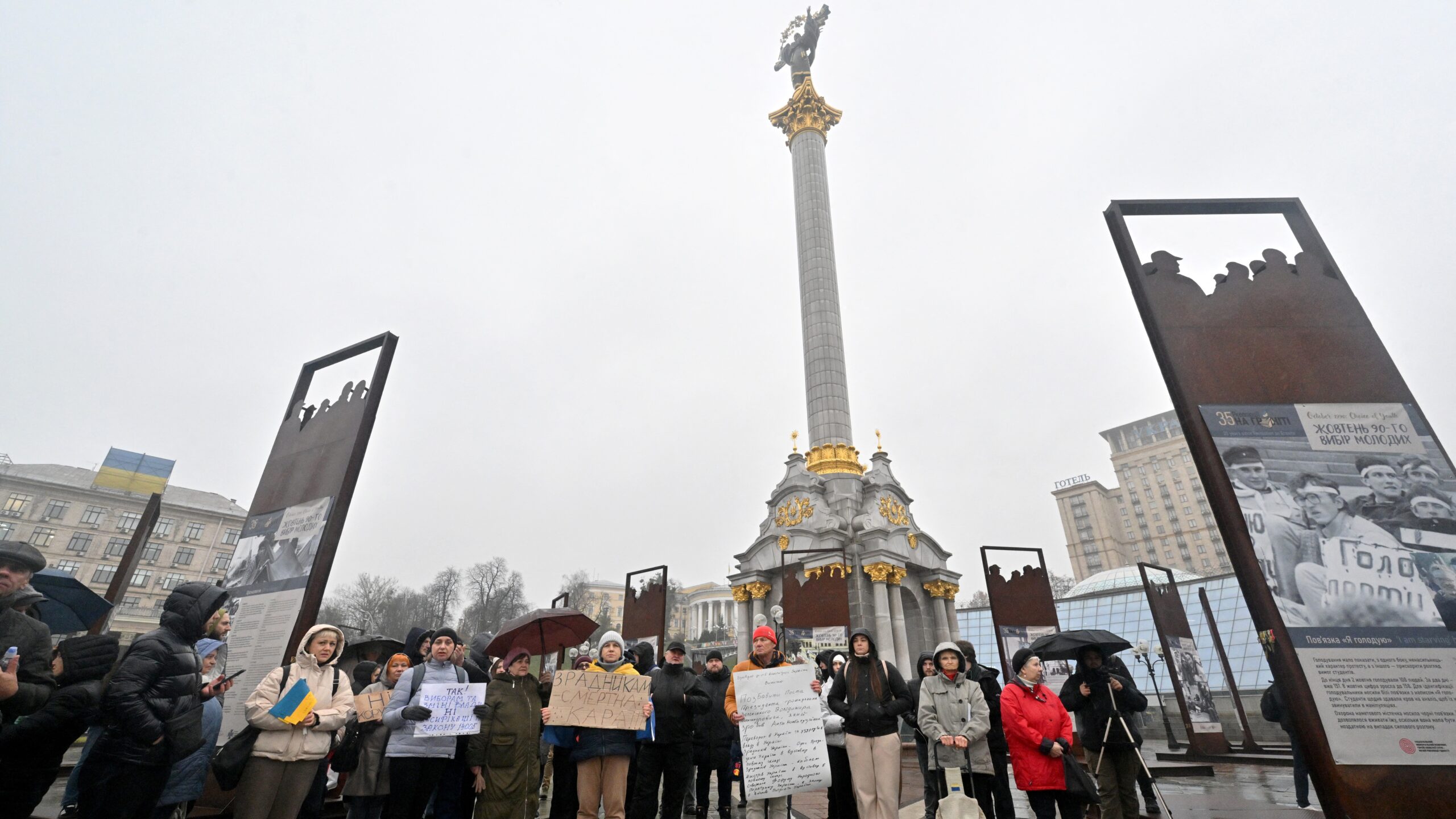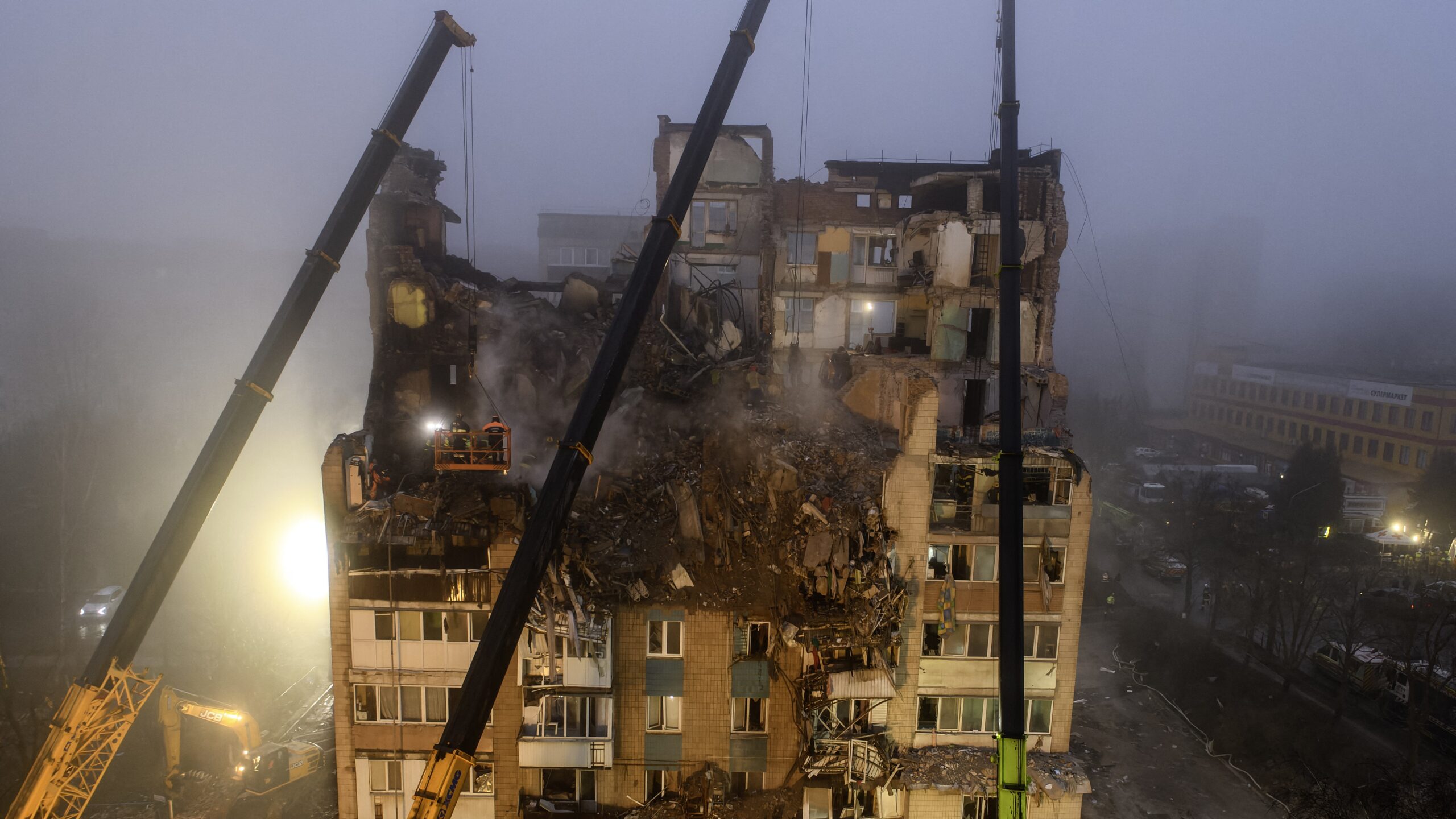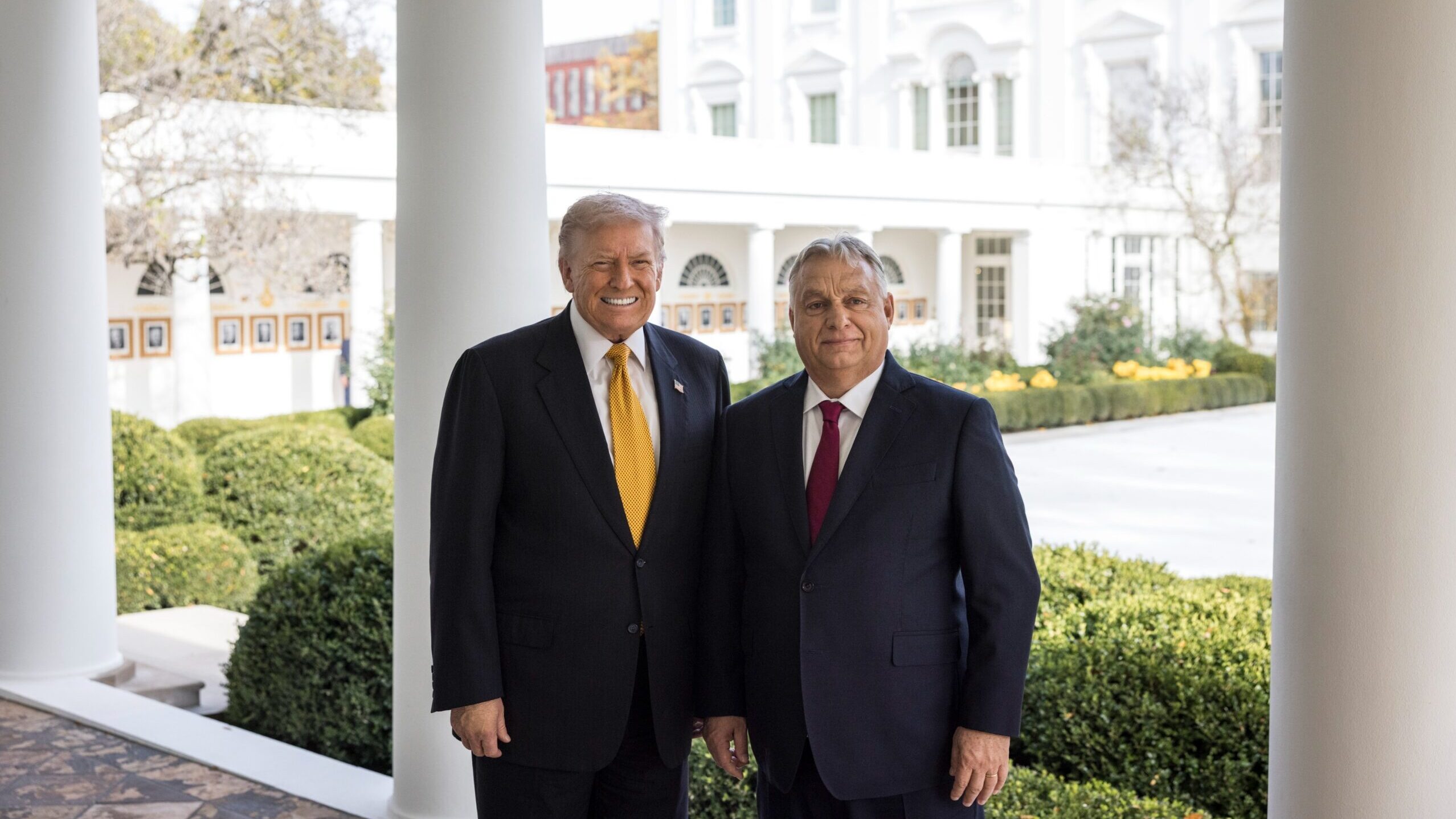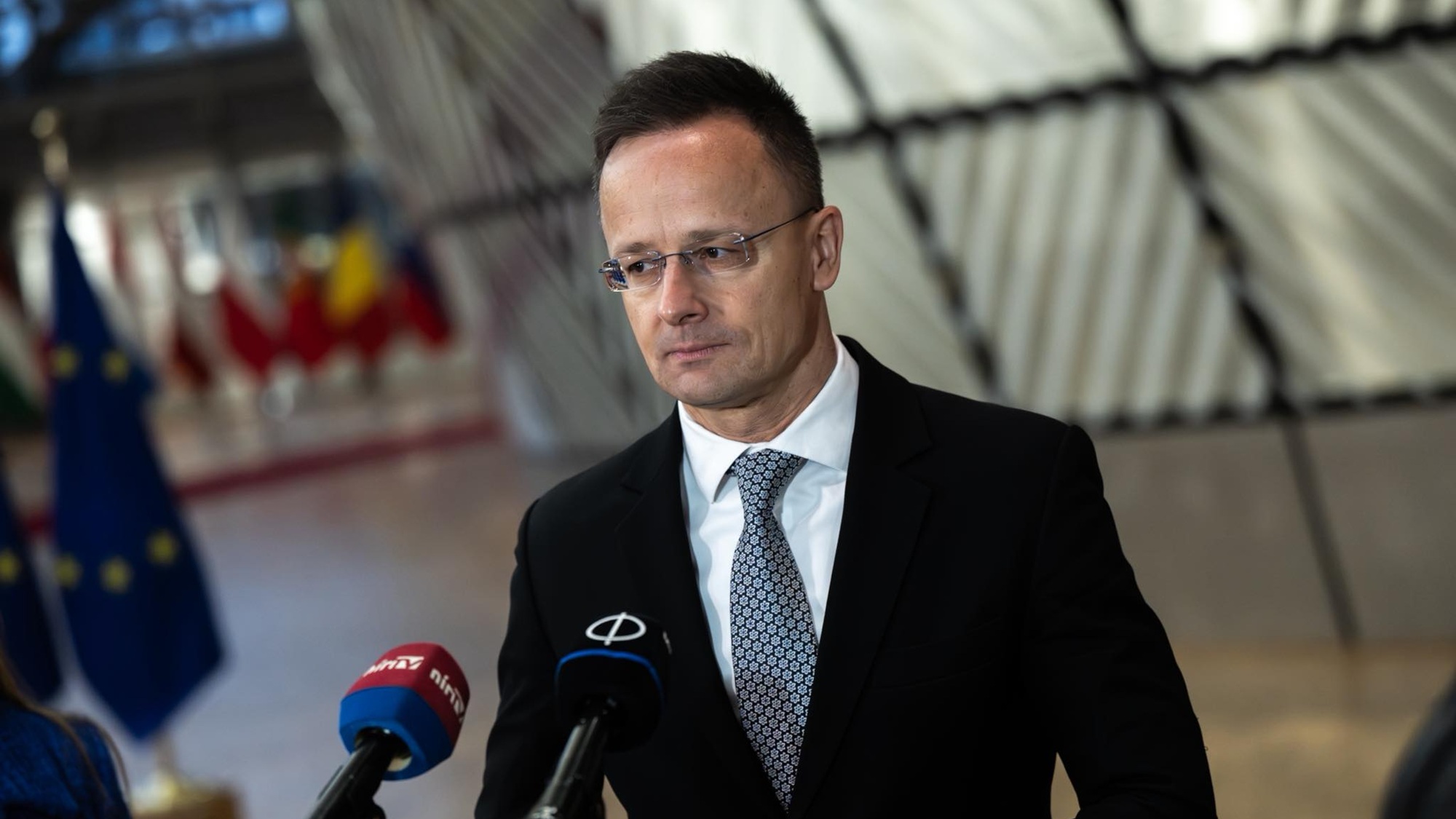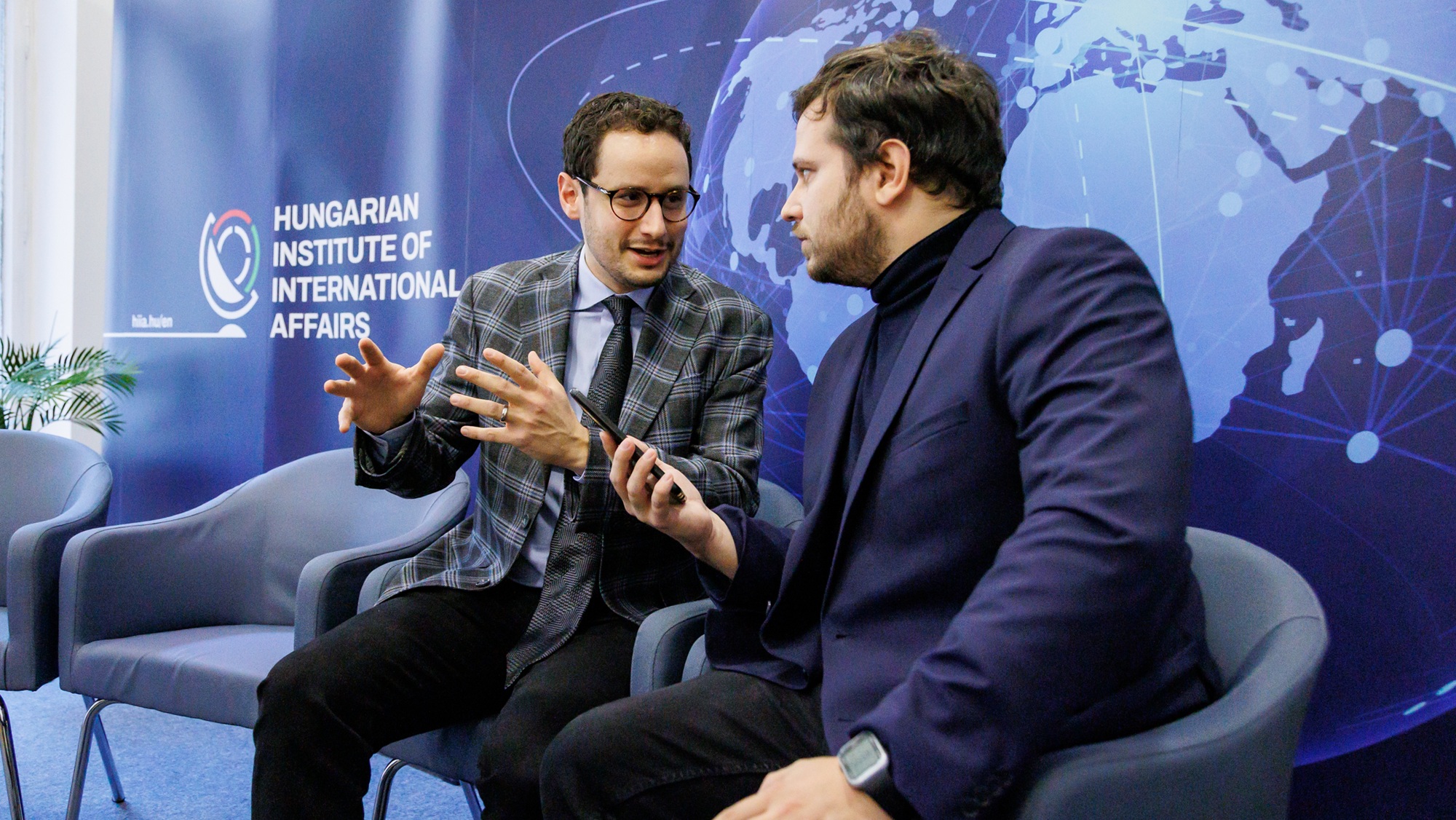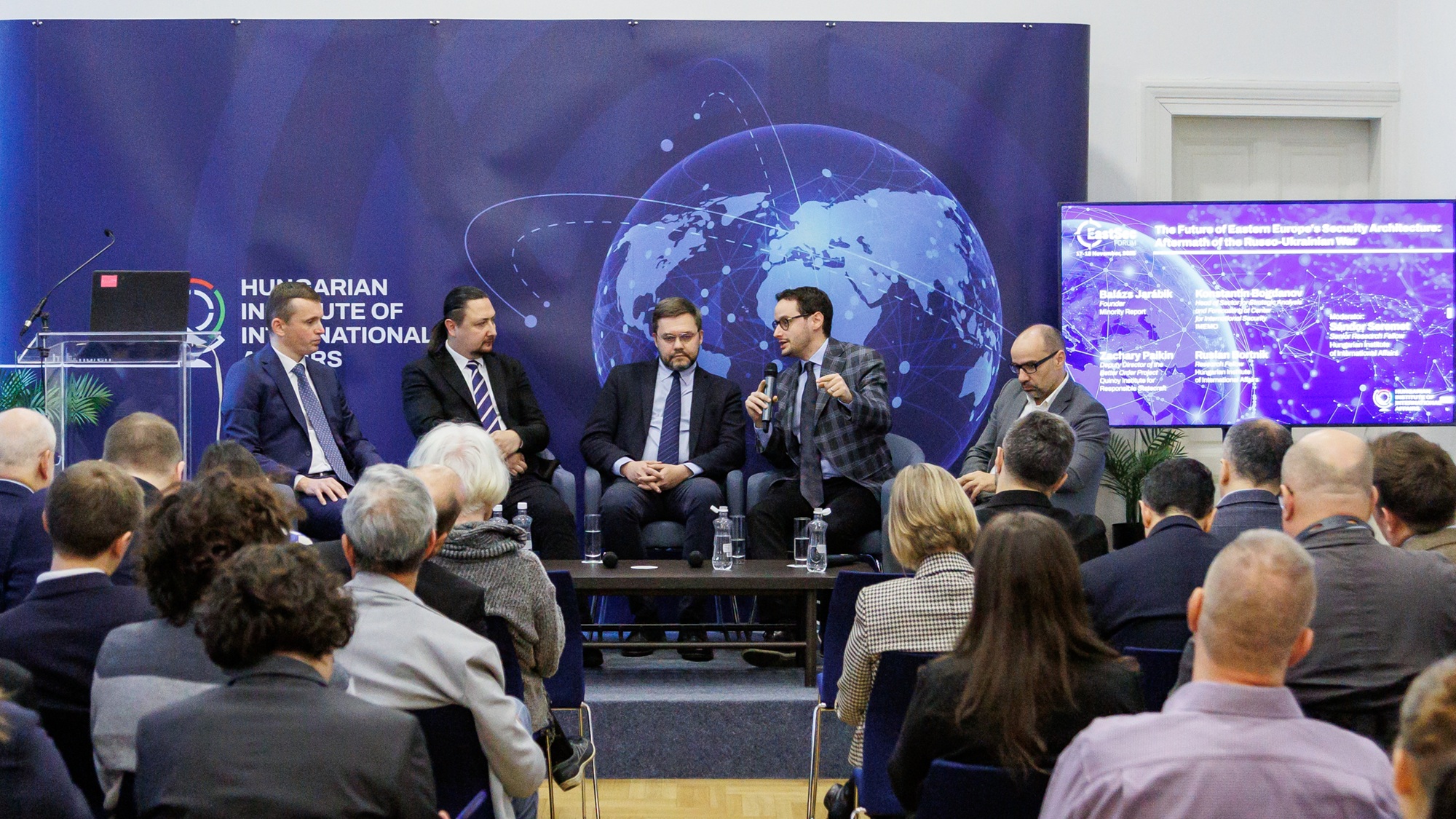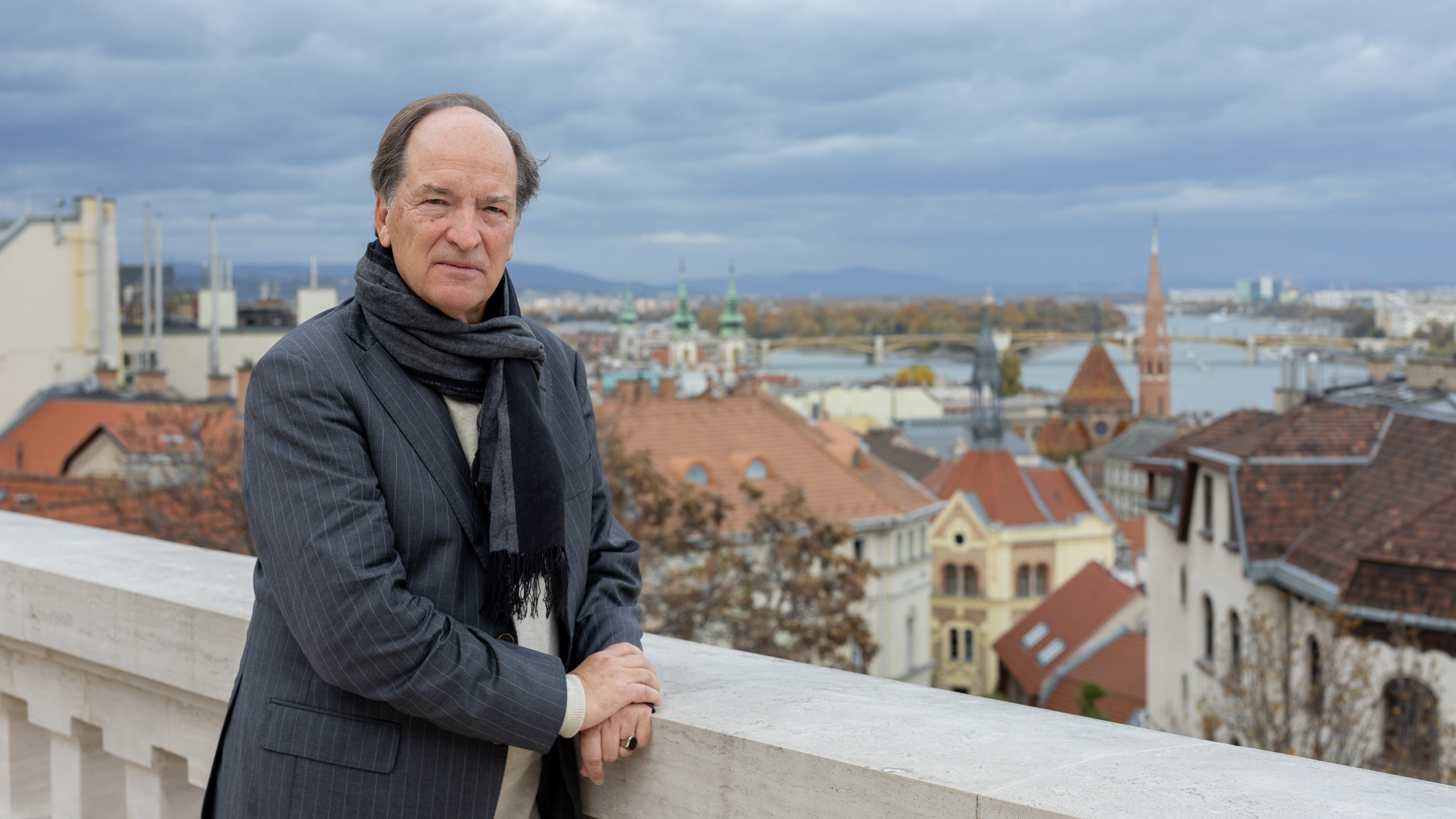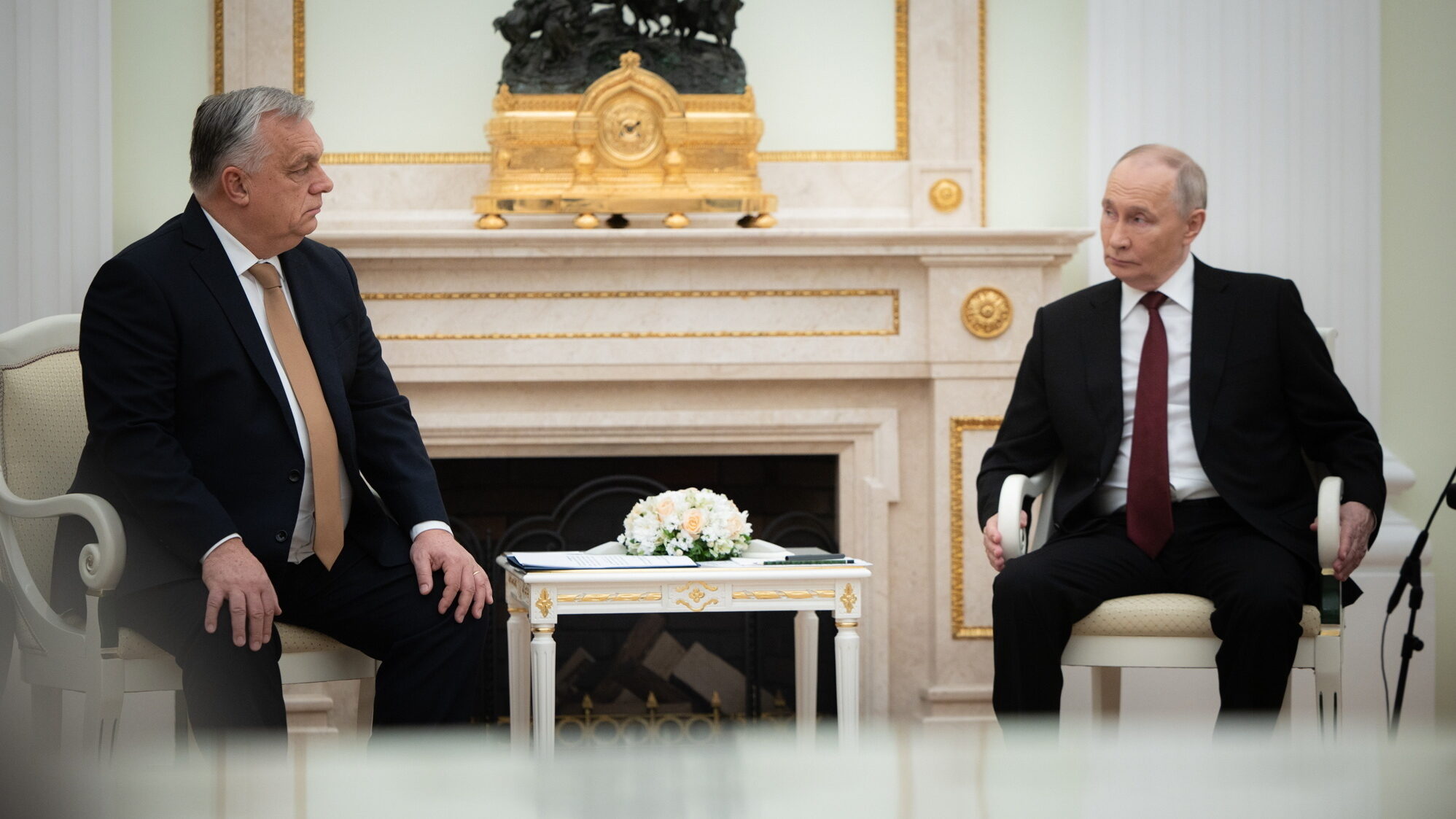
Putin Tells Orbán He’d Be Pleased to Meet Trump in Budapest
Russian President Vladimir Putin and Hungarian Prime Minister Viktor Orbán met in the Kremlin on Friday for their 14th bilateral talks, focusing on energy security, the war in Ukraine and future relations. Orbán reaffirmed that Hungary’s energy supply will continue to rely on Russian deliveries and said Budapest remains ready to host eventual peace talks.

